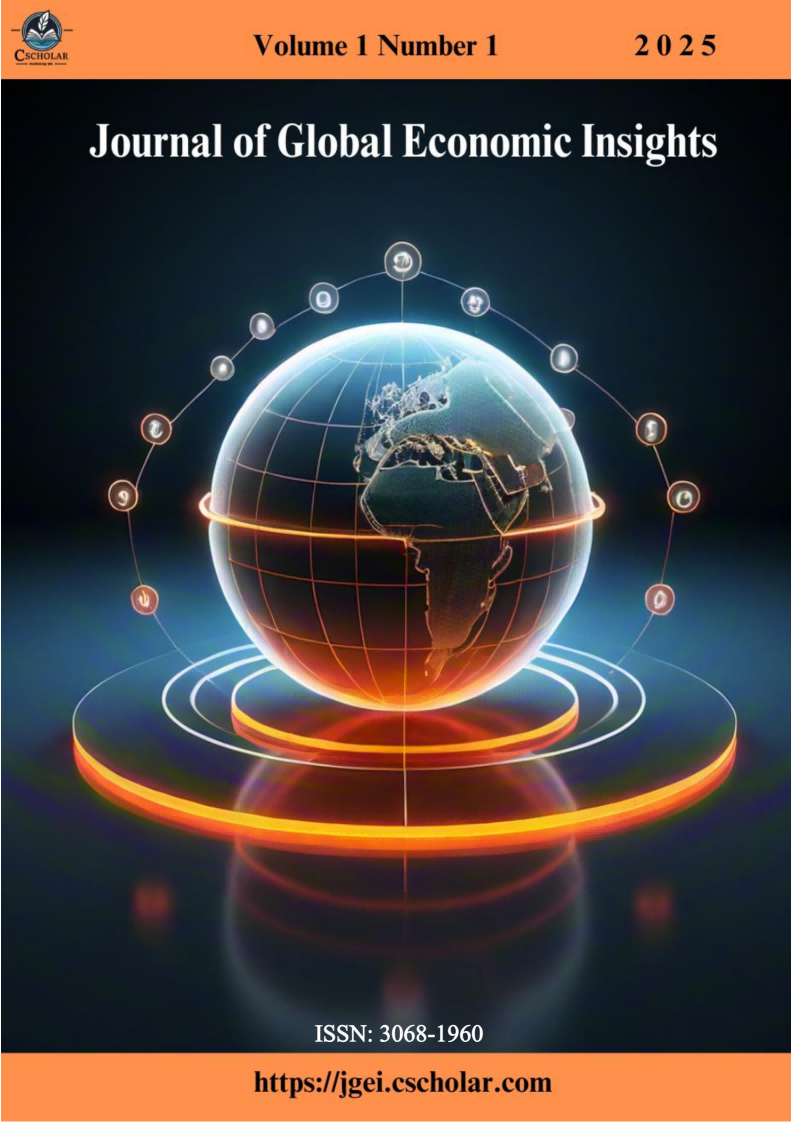Research on Financial Analysis of LiAuto Based on Harvard Analysis Framework
DOI:
https://doi.org/10.71204/49a9zc07Keywords:
Financial Analysis, Ideal Auto, Harvard Analysis Framework, New Energy Vehicles, Strategic ManagementAbstract
In the current era when the global automotive industry is accelerating its transformation towards the new energy sector, as a significant player in the new energy vehicle field, Li Auto should have taken advantage of the industry's favorable conditions to achieve rapid growth. However, in its actual development, it has encountered severe competitive landscapes and market challenges. This article applies the Harvard Analysis Framework to Li Auto, analyzing the problems it faces in its operation from the perspectives of strategy, accounting, finance, and prospects. In terms of strategy, the pure electric vehicle model has unreasonable positioning, design, and sales targets. In accounting, the efficiency of using monetary funds is low, and there is an excessive reliance on short-term debt. In finance, the current and quick ratios fluctuate greatly, and the asset turnover efficiency is low. In terms of prospects, it is under pressure from market competition and policy changes. Measures such as adjusting product strategies, optimizing fund management, and actively responding to policy changes need to be taken to enhance its comprehensive competitiveness. This article aims to assist Li Auto in further development and also provide a model for financial analysis of similar automotive companies.
References
Chen, Y. (2022). Measurement and enhancement of international competitiveness of China's new energy vehicle enterprises (Doctoral dissertation, Southeast University).
Huang, R., Chen, Y., & Wang, Z. M. (2020). Application of Harvard analysis in "Internet + manufacturing" enterprises: A case study of Xiaomi Group. Communication of Finance and Accounting, (10), 92-96.
Li, Q.S. (2023). A study on the financial performance of Automobile Enterprise A based on the Harvard analytical framework (Doctoral dissertation, Dongbei University of Finance and Economics).
Ma, Y.F. (2023). Research on the competitive strategy of Li Auto Company (Doctoral dissertation, Beijing University of Posts and Telecommunications).
Wang, S. (2020). Corporate financial analysis based on the Harvard framework. Market Modernization, (2), 161-162.
Wu, M.T. (2021). Research on the development strategy of new energy vehicles for Li Auto Company (Doctoral dissertation, Shanghai University of Finance and Economics).
Xie, Z.A. (2022). Evaluation and influencing factors analysis of the development level of China's new energy vehicle enterprises (Doctoral dissertation, Jilin University of Finance and Economics).
Yan, Z. X. (2020). Suggestions on improving the competitiveness of self-owned brand automobiles. China National Conditions and Strength, (1), 63-65.
Zhang, C., Yu, S. Q., & Xiao, W. J. (2022). Innovation of performance evaluation system based on BSC and Harvard framework: A case study of iFlytek. Friends of Accounting, (22), 55-60.
Zhang, H. (2021). Financial case analysis based on the Harvard analytical framework. Commercial Accounting, (14), 45-47.
Zhang, Y.X. (2018). Research on the impact of fiscal subsidies on the development of the new energy vehicle industry (Doctoral dissertation, Jilin University).
Downloads
Published
Issue
Section
License
Copyright (c) 2025 Wenwen Che (Author)

This work is licensed under a Creative Commons Attribution 4.0 International License.
All articles published in this journal are licensed under the Creative Commons Attribution 4.0 International License (CC BY 4.0). This license permits unrestricted use, distribution, and reproduction in any medium, provided the original author(s) and source are properly credited. Authors retain copyright of their work, and readers are free to copy, share, adapt, and build upon the material for any purpose, including commercial use, as long as appropriate attribution is given.
